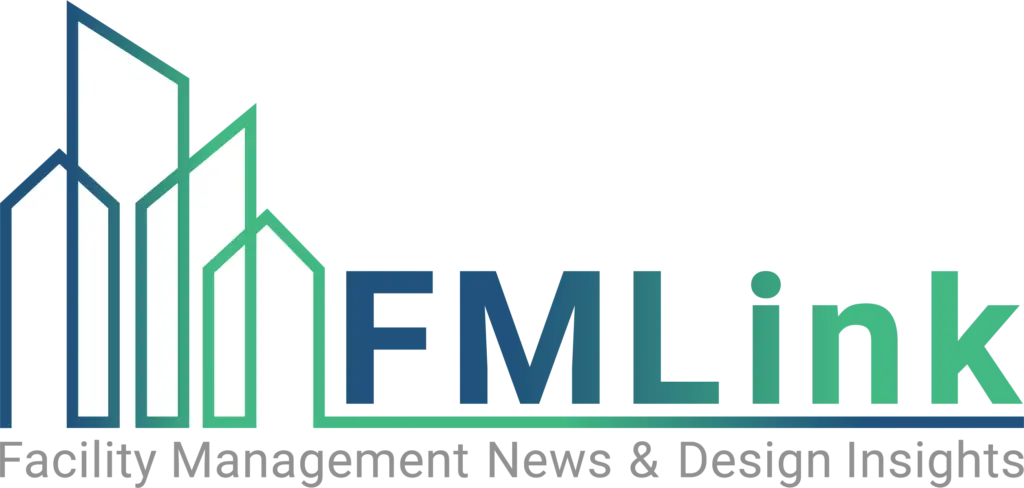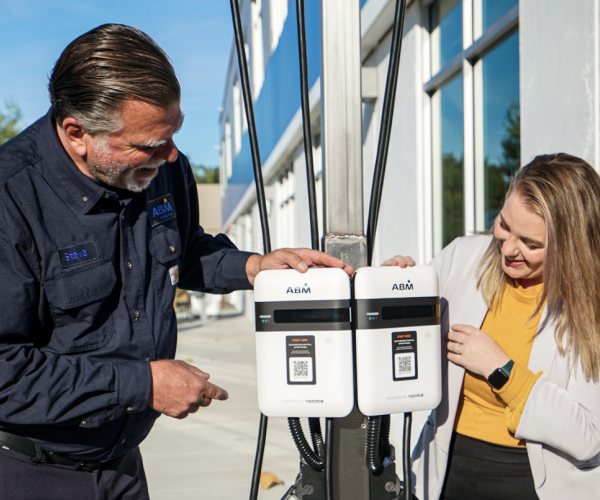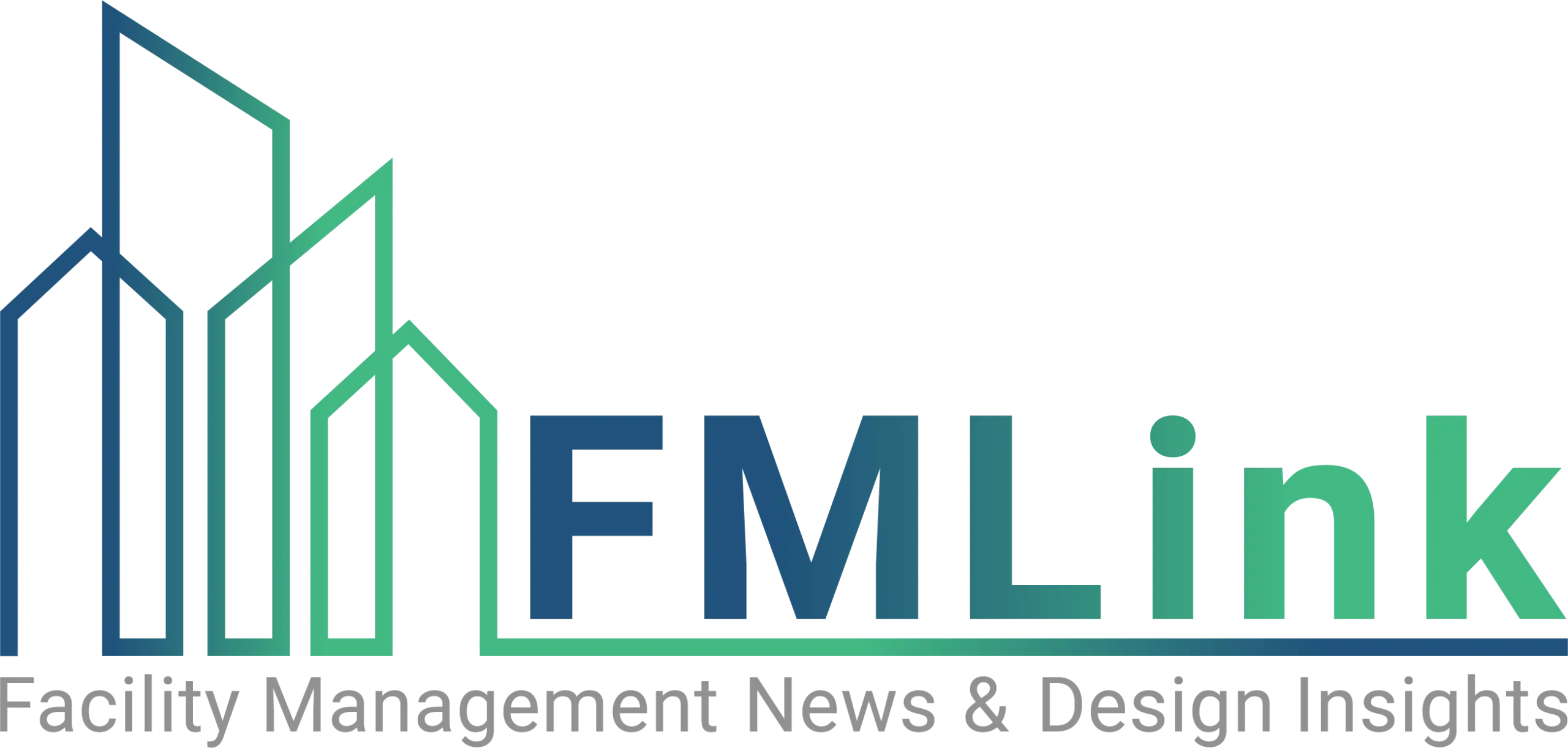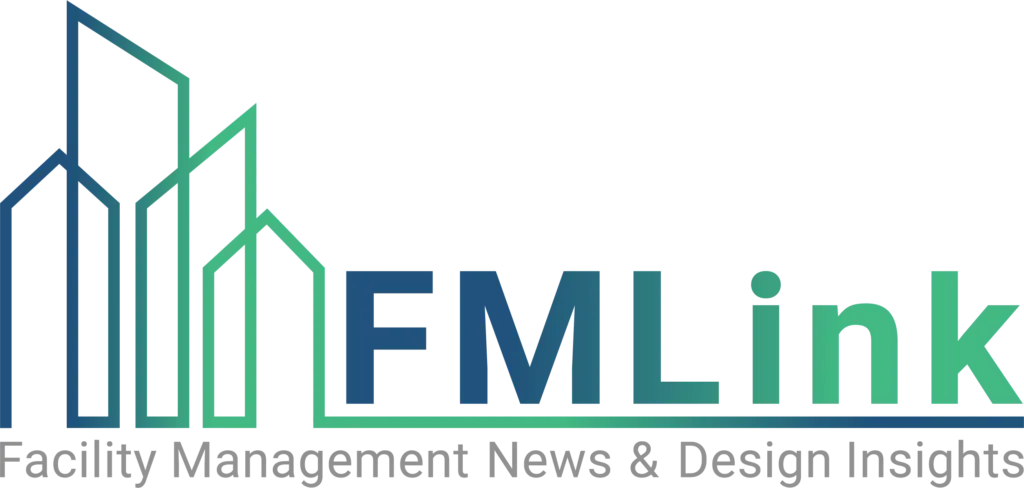May 14, 2021 — Fitwel, the healthy building certification system created by the CDC and GSA and operated by the Center for Active Design (CfAD), has announced the latest names in real estate to achieve its Viral Response Module (VRM) certification, with science-based best practices designed to mitigate the transmission of infectious respiratory diseases across building portfolios.
Gaedeke Group, JBG Smith and The Meridian Group have certified their operational policies at the enterprise level, while Boston Properties, Tower Companies, BentallGreenOak (BGO) and Alexandria Real Estate Equities have attained asset-level approval at their properties after achieving enterprise certification.
These milestones demonstrate how real estate investors and developers are responding to the challenges presented by Covid-19 by implementing Fitwel’s evidence-based policies and practices to promote health and wellness across different asset classes while strengthening occupant trust, notes CfAD.
Collectively, Gaedeke Group, JBG Smith and The Meridian Group have certified policies covering more than 29 million square feet across multifamily, office and mixed-use properties in an effort to combat the spread of Covid-19 in the built environment and optimize the health and wellness of the occupants and employees at their properties.
Reena Agarwal, chief operating officer of CfAD, stated:
Industry leaders understand the strength of the science guiding our Virus Response Module certification and how its strategies work to measurably improve health and wellness in the built environment. Unlike other solutions that provide more generalized approaches to viral mitigation, Fitwel’s VRM establishes best practices for companies to follow by setting minimum requirements that are necessary to mitigate viral transmission, while also providing turnkey policies to ensure an efficient and consistent approach to guide the industry. This two-pronged approach creates economies of scale, making it affordable to roll out an effective viral response across entire portfolios.
Created in response to the Covid-19 pandemic, the strategies advanced in Fitwel’s Virus Response Module were developed with input from a diverse group of public health experts from leading institutions such as Columbia University Irving Medical Center and Queensland University of Technology and prototyped by industry leaders to set the standard for mitigating the spread of contagious diseases across the built environment.
While the VRM was developed in response to the pandemic, its strategies are not exclusive to Covid-19, points out CfAD. Its methods can also help minimize the spread of other infectious respiratory diseases, including influenza and Legionnaires’ disease.
Working toward certification, companies can apply policies to any portfolio, selection of assets or singular tenant space that have consistent operational practices, then submit to have their policies certified by CfAD in a six-week, double-blind review process. Once the certified strategies, policies and practices are implemented at the asset level, companies can apply for asset-level approval. This step verifies that the strategies have been put into practice and asset(s) become eligible to install a Viral Response Module certification decal.
For more information on the Viral Response Module, visit the Fitwel website. Generated by expert analysis of 5,600+ academic research studies, Fitwel was originally created by the U.S. Centers for Disease Control and Prevention (CDC) and the U.S. General Services Administration (GSA).




